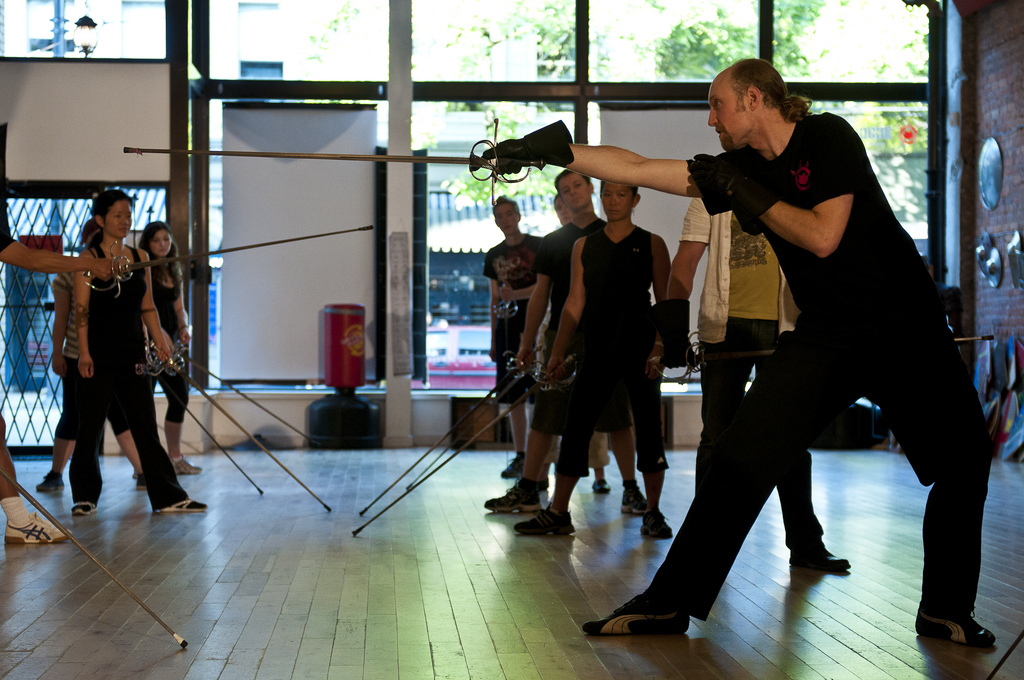When I was a young boy I remember truly revering my father. He was intelligent and wise, he read to me, shared insights into the world around me. He read me the hobbit, introduced me to Narnia, he taught me how to play cards, play chess, and got me hooked on strategy games. My dad introduced me to computers when no one else in my school had even seen one. He inspired me to touch-type and when computers showed up in my school in grade 4 I was already typing at 100 wpm. He helped me figure out French phrases before my first day of French immersion. He taught me how to catch and throw and skip stones. He counselled me through my first conflicts and guided me through some of my biggest challenges. I was always receptive and eager to learn what he had to share with me. Then something changed.
Some time around the age of 12 or 13 I started to feel in conflict with him. I fought him on decisions in the household. Purposefully ignored his advice and presented my own instead. I wanted to show him new worlds of computing and reading and gaming I had discovered on my own but was less willing to see what he had to share with me. I found more and more realms where I felt I knew better. No one had more ability to get my ire up than my dad and in turn I knew how to get his goat as well. Yet I still loved him, and wanted his approval.
It wasn’t until I was in my early 20s and studying coaching that my mentor drew me back to considering my relationship with my father. I don’t want to misrepresent it. My relationship with my dad was truly good. I loved him and we did tons of things together. Yet there was always this potential for conflict, this type of youthful angst that had entered and never left. When talking about this with my coaching mentor he offered a simple thought “Maybe your father still feels that he has wisdom to share with you… And maybe he does.”
There is a conflict that can enter into a student teacher relationship where a student’s hunger for independence and recognition can come into conflict with a teacher’s desire to share.
The student’s inner-self cries “Look what I have learned!”, “I know this!”, “Let me out of your shadow!”. The teacher’s inner-self calls “I have more to show you.”, “You’re not as smart as you think you are.”, “I have value yet to add, don’t you see?”
As a teacher, I have now been on both sides of this relationship. Sometimes a new student joins my class who has experience in the art that I practice, or comes from a related discipline, and before they can be receptive they need me to know what they bring. If I don’t ‘see’ their value, I may never be able to truly offer them anything.
More than once a senior student of mine has risen up to a place of true skill, a place where they have much to offer others, even me. They then find themselves in this place that I found myself with my dad. A place where they are coming into their own, recognizing the worth that they have, but still wanting for acknowledgement. Here is where the conflict can enter and the internal cries begin.
How to navigate this place?
Put it Out There
It is always powerful to acknowledge that it is happening. Transforming the implicit to the explicit gives us choice and power.
Acknowledge Students
Whether it is a student’s first day or their 1000th, a good teacher acknowledges and values what they bring. I lose nothing by celebrating the worth of people in my class. Especially if I’ve played a big part in their growth. Don’t all teachers want to be surpassed by their students some day?
Acknowledge Teachers
My relationship with my dad transformed after my mentor spoke with me. I paused and realized that indeed my dad did still have much to offer me. No matter how much I had learned he still had a perspective to share with me and though I was learning and growing, he was too. I started to listen again, to learn from him again, and through that listening I started to feel heard.
Remove Power, Bring Respect
A teacher student relationship is one of mutual respect. Each has a role and each has a choice in that role. When I enter a class, I choose to be a student and to listen and gain everything I can from what is being offered. As a teacher I can’t force a student a student to learn or even acknowledge me as a teacher. All I can do is offer and share.
The classroom isn’t about power or place, these are ideas of the ego and the insecure soul. They only get in the way. If your ego or your student’s/teacher’s is being a barrier, find a place outside of class to share and investigate with an open heart and mind.
Never Stop Being a Student
A martial arts colleague of mine once said “If I’m not learning more from the students in my class while I’m teaching them; I’m not working hard enough.” Another said to me “Never close yourself to learning, no matter who the teacher.”
